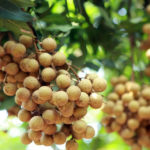Tea
Tea, or tea water, is the second most popular beverage in the world after coffee. Tea is made by oxidizing (brewing to ferment), roasting, and drying the leaves, buds, or branches of the tea plant. Additionally, tea can be infused with herbs, flowers, or fruits for added flavor.
It is prepared by infusing the tea with hot water for anywhere from a few minutes to a few hours, depending on the type of tea.
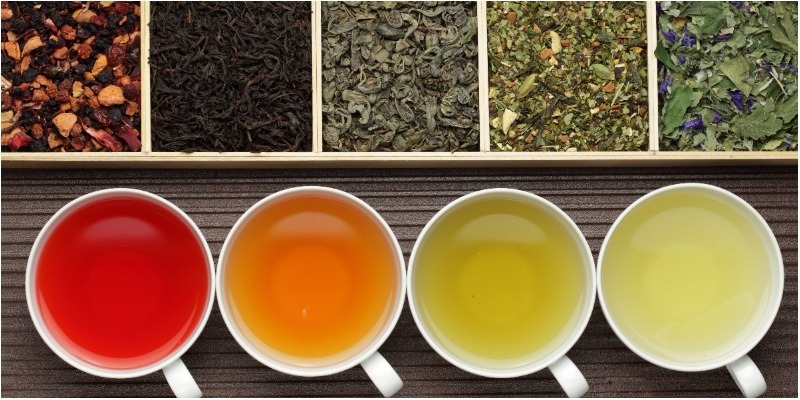
Bottled Tea
Bottled tea is a convenient, ready-to-drink product that is advertised as being made from natural tea extracts. However, to improve the taste, bottled tea often contains added sugar, additives, and preservatives, the amounts of which vary depending on the manufacturer.
While the advertising for bottled tea claims that it contains natural green tea and offers the same health benefits, scientists argue that the beneficial compounds found in tea are reduced during the bottling process.
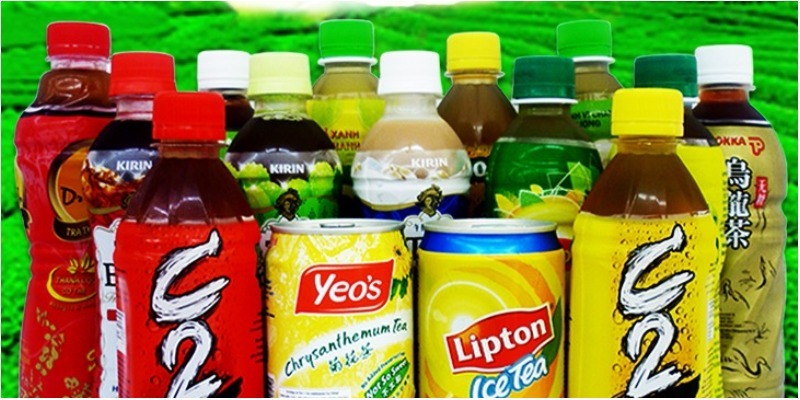
Comparing Tea and Bottled Tea
|
Tea |
Bottled Tea |
|
|
Ingredients |
Leaves, buds, or branches of the tea plant. Some teas may also include herbs, flowers, or fruits. |
Water, tea, fruit, and herb extracts, flavorings, and preservatives. |
|
Nutritional Value |
Tea is rich in nutrients, including: + Caffeine tanat (similar to caffeine in coffee but with a slower effect) + Free amino acids, tamin, and tea oil + Vitamins A, B2, B3, B5, and C, as well as trace elements |
Provides water and small amounts of vitamins and minerals. According to nutrition and chemistry experts at the Institute of Nutrition in America, the high sugar content in bottled tea can lead to weight gain and negative health effects. |
|
Polyphenol Content (antioxidant and anti-cancer properties) |
A cup of natural tea contains 50-150mg of polyphenols. You would need to drink 20 bottles of bottled tea to get the same amount of polyphenols as in one cup of natural tea. |
Bottled tea brands typically contain little to no polyphenols, with levels as low as 10mg. |
|
Benefits |
Tea has many benefits, including cooling and diuretic effects, aiding digestion and excretion, improving mental clarity and mood, increasing heart activity, and reducing fatigue. It also helps prevent brain damage in those who have had a stroke, reduces the risk of cancer, supports beneficial bacteria in the body, and boosts the immune system. Additionally, tea can enhance beauty and promote healthy skin. |
Bottled tea provides hydration and helps with focus and concentration. |
|
Convenience |
Tea requires brewing, which takes time and effort. |
Bottled tea is convenient and ready to drink. |
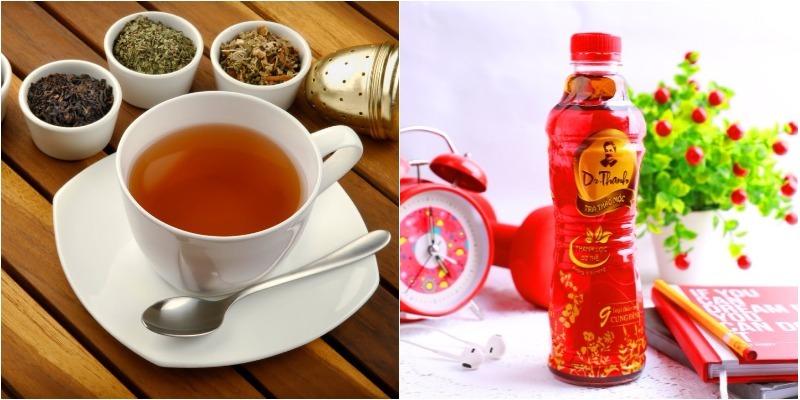
Which Should You Choose: Tea or Bottled Tea?
Both tea and bottled tea have their unique benefits. However, bottled tea contains high levels of sugar, which can be detrimental to health, so it is recommended to consume it only occasionally as a soft drink alternative.
Starting your day with a cup of tea in the morning can boost your energy and mood, enhance fat metabolism, and help with weight control.
In conclusion, tea is a healthy beverage that should be included in your daily diet. On the other hand, bottled tea should be treated as a soft drink and consumed sparingly, such as one bottle per week or less.
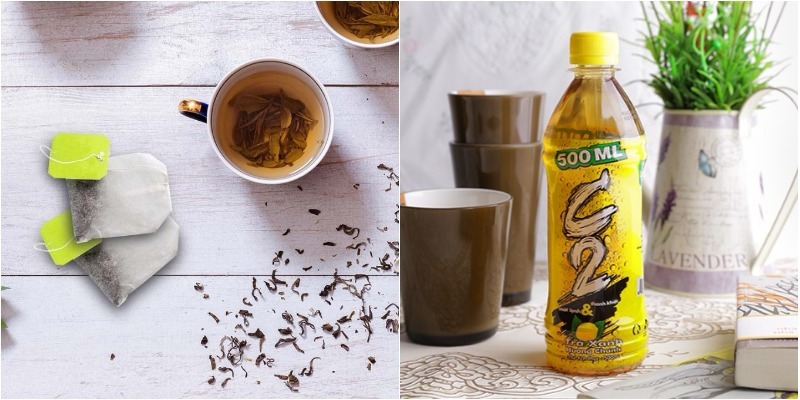
For more information, see: vi.wikipedia.org, vietnamnet.vn, vietcotra.vn
Tea offers numerous health benefits, while bottled tea is best consumed in moderation as a soft drink alternative. When drinking bottled tea, be mindful of your sugar intake to avoid negative health consequences.
Exploring the Benefits of Chia Seeds on Good Health: What You Need to Know
 Health: What You Need to Know’>
Health: What You Need to Know’>Did you know that chia seeds come from the same family as herbs that are used in spices such as mint and basil? These seeds are a popular health food due to their unique health benefits. Read on to find out how these seeds can be used and why they're so beneficial!


























